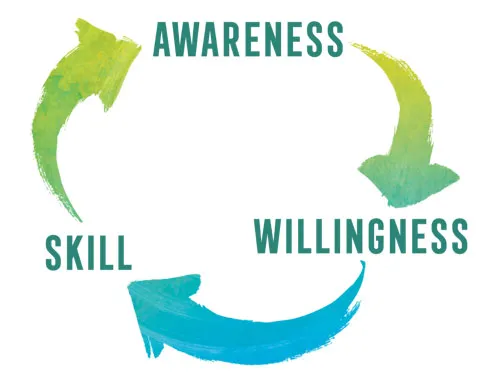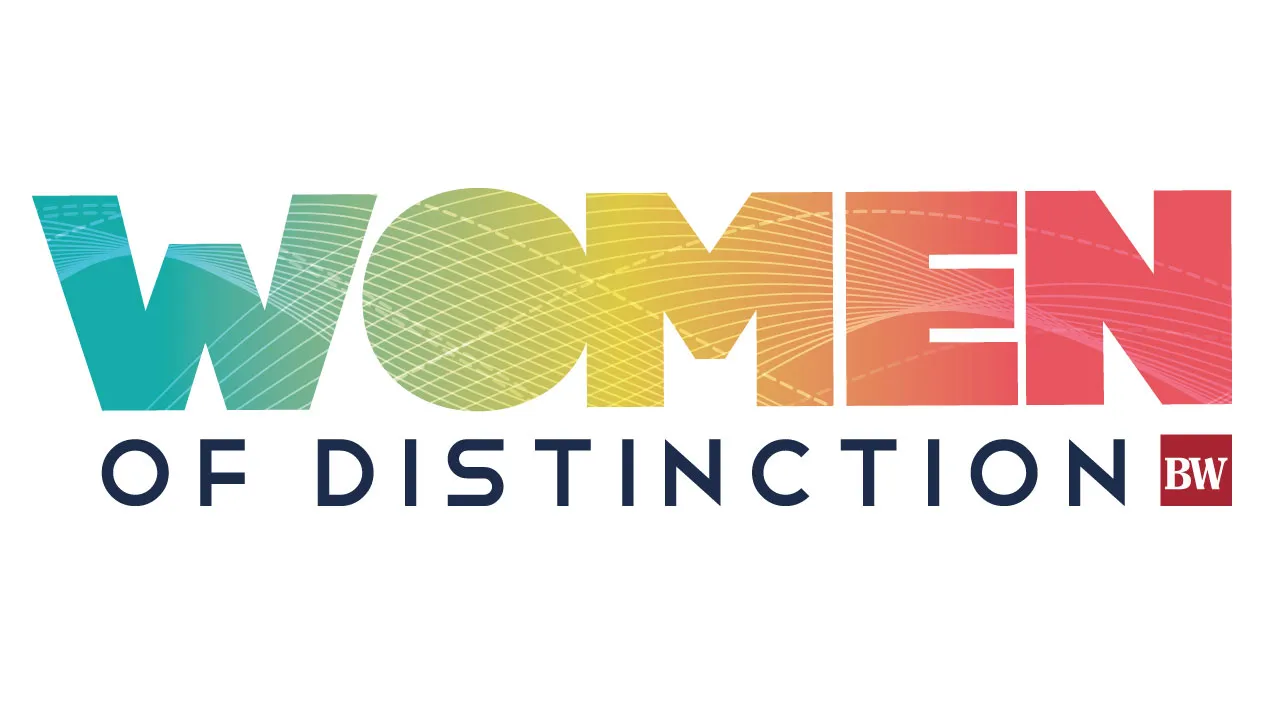Hartung: Life@Work – Making conscious change

“Will she change?” the executive asked me. Many before have wondered if their colleague, boss or team member will make the changes coworkers see are needed. While every employee is different, there is a specific cycle of developmental change that predicts the steps needed. Understanding the cycle helps people succeed with self-directed change.
Developmental change, whether in ourselves or someone else, consists of three phases:

SPONSORED CONTENT
Awareness
Awareness is the beginning of change. It’s the point at which you discover something is holding you back, or that there is need to advance in a particular area. Awareness lets us recognize what is at issue, and opens up a world of different paths forward.
Awareness can trigger our defenses and hides in our blindspots. New levels of awareness are often sparked by a problem or challenge and may be painful or enlightening to confront. Embracing a new awareness gives us control because it reveals the shifts we can make to achieve different outcomes.
To build awareness, observe and discuss behavior in a non-judgmental way. For instance, a comment like “You’re not contributing in meetings enough” can be shifted to, “I noticed in the last two meetings we didn’t hear your input.”
Reflection and documentation are keys to awareness building; they are necessary in order to understand that there are other ways, mindsets or behaviors that one could choose. Awareness makes the unconscious become conscious.
Willingness
Willingness puts our awareness into action. It takes the realizations that awareness brings and transforms them into a positive force for change. But not all who are aware are willing to make such changes.
A mindset of blame or fear tends to make us feel helpless, uninspired, or ill-equipped to make changes. Do we really believe change is needed? Are we willing to learn?
The reasons WHY a change is needed is the driving factor in cultivating most people’s willingness. Unless there is a strong reason — either a cost for the current behavior, or a benefit for a new behavior — they are unlikely to change. Even when we know the costs and benefits, we are not always willing to make change. When the will exists, the changes begin.
Developing Skills
Developing new skills and capabilities is a strategic response to a challenge. It’s one thing to solve a problem; it’s another to change your behavior, perceptions, or the environment so that the same problem is never a challenge again.
What seems like the edge of our abilities can soon become just an uncomfortable stretch that we learned from and eventually a more natural habit. The playing field of competencies and influence expands as we build new skills.
While growing new skills our co-workers are actively involved in their own development. As they test out new approaches, don’t expect them all to work. They are engaged in change, which inherently involves learning how.
Once people become familiar with the development cycle, they can more easily create self-directed development, as well as lead real change in people, teams and organizations.
If you or a co-worker is in the midst of developing and building skills while you work, be understanding about the ups and downs required to grow, and appreciate successes — even small ones. That will also substantially increase the likelihood of successful change.
Jessica Hartung, author of The Conscious Professional: Transform Your Life at Work designed this column to answer reader questions about challenging issues they face in their work lives. Submit questions to Jessica@workthatmatters.com.
“Will she change?” the executive asked me. Many before have wondered if their colleague, boss or team member will make the changes coworkers see are needed. While every employee is different, there is a specific cycle of developmental change that predicts the steps needed. Understanding the cycle helps people succeed with self-directed change.
Developmental change, whether in ourselves or someone else, consists of three phases:

Awareness
Awareness is the beginning of change. It’s the point at which you discover something is holding you back, or that there is…

